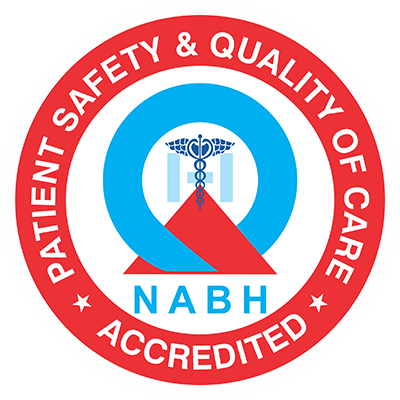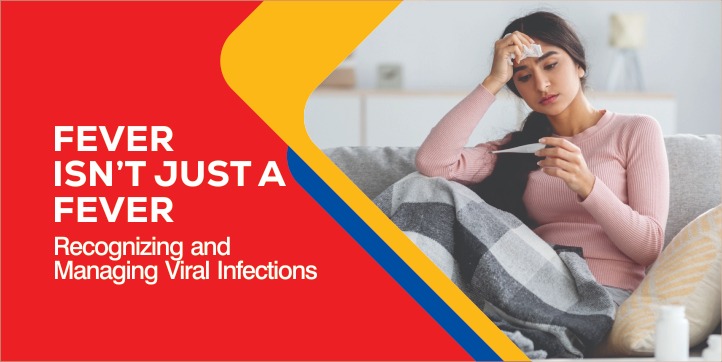Rajni, a 35-year-old software professional, initially brushed off her cold, muscle aches, and fatigue as the price of long hours in an air-conditioned office. She tried home remedies, hoping the symptoms would pass. But when her temperature spiked to 102°F, accompanied by severe headaches and dehydration, she finally sought medical help. Her diagnosis? Viral fever. With prompt treatment, including hydration, rest, and antiviral medication, she recovered within a week. Rajni’s case highlights the importance of early diagnosis and treatment when dealing with viral fevers.
According to the World Health Organization (WHO), viral infections remain a leading cause of illness globally. India sees a sharp rise in viral fever cases during the monsoon season, with over 100,000 dengue cases annually. In Telangana alone, more than 5,000 viral fever cases were reported in 2023 during the monsoon months. These statistics stress the need for greater awareness and preventive measures.
What is Viral Fever?
Viral fever is a term that encompasses various fevers caused by viral infections. These infections can range from mild to severe, affecting multiple systems in the body, and often lead to a sudden spike in body temperature. Viral fevers are especially common during seasonal changes.
Symptoms to Watch For:
- High fever (above 100°F)
- Fatigue and weakness
- Muscle and joint pain
- Headache
- Sore throat or cough
- Loss of appetite
- Runny nose
- Sweating and chills
Common Causes:
Viral fevers are caused by infections from various viruses, including:
- Influenza virus
- Dengue virus
- Zika virus
- Respiratory Syncytial Virus (RSV)
- Coronavirus (COVID-19)
These viruses spread through air droplets when an infected person coughs, sneezes, or talks, or through contact with contaminated surfaces.
Diagnosis:
Doctors typically diagnose viral fevers through a physical examination and a review of the patient’s medical history. Blood tests, including a Complete Blood Count (CBC) and viral serology tests, are used to confirm the viral infection and rule out bacterial causes. In some cases, PCR (Polymerase Chain Reaction) tests are done for a more precise diagnosis.
Treatment:
Viral fevers are treated with supportive care since antibiotics are ineffective against viruses. Treatment typically involves:
- Rest and staying hydrated
- Antipyretics like paracetamol to reduce fever
- Antiviral medications (if applicable)
- Electrolyte replacement for severe cases
- Steam inhalation and saltwater gargles for respiratory symptoms Prevention:
- Vaccination: Immunization against viruses like the flu and COVID-19 can reduce the risk of viral
- Hygiene: Regular hand washing, using hand sanitizers, and avoiding contact with sick individuals can help prevent
- Protective Measures: Using insect repellents and wearing long sleeves can prevent mosquito-borne viruses like dengue and
- Boosting Immunity: A balanced diet, adequate sleep, and regular exercise can strengthen your immune
Even seemingly mild viral fevers can spiral out of control if not treated properly. Seeking medical help as soon as symptoms arise is critical to avoid complications.
If you’re in Hyderabad, visit BBR Hospitals in Balanagar for personalized treatment and expert care. The hospital’s General Medicine department is equipped with advanced diagnostic tools and a team of experienced doctors specializing in infectious diseases. With 24/7 emergency services and a multidisciplinary approach, BBR Hospitals ensures a quick diagnosis, effective treatment, and compassionate care to help patients recover faster.



